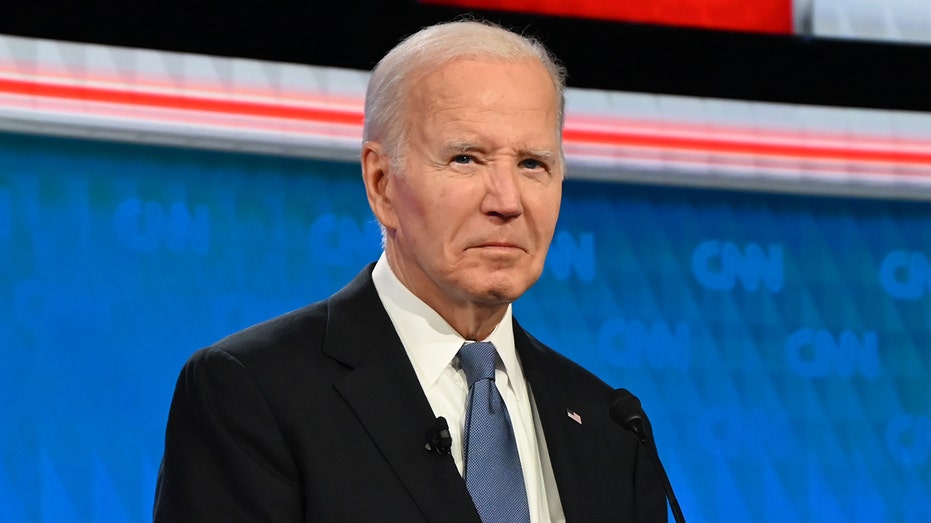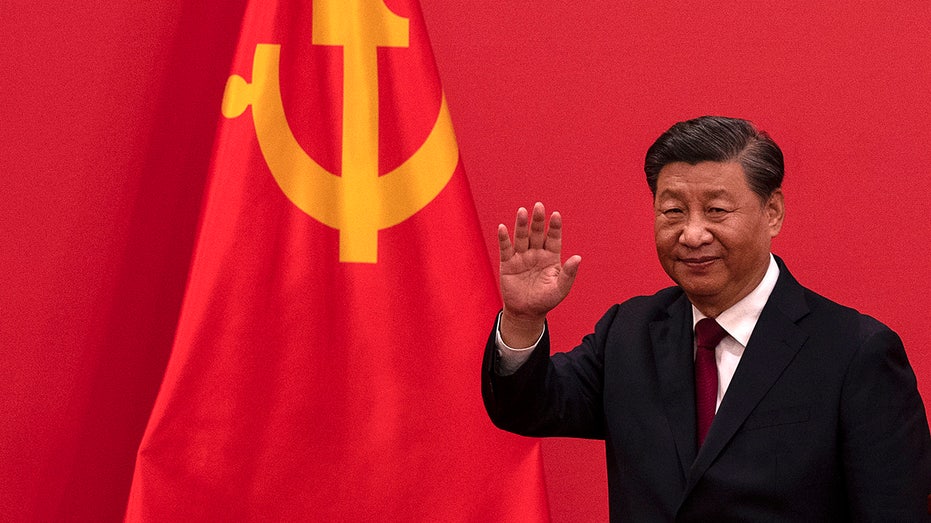
The Supreme Court’s decision in Murthy v. Missouri, the important First Amendment case about government censorship of Americans’ speech on social media, is puzzling. The case, originally known as Missouri v.
Biden, is a lawsuit filed against the government by two states and five censored individuals. It reached the Supreme Court because two lower courts issued an injunction ordering the Biden administration to stop coercing social media companies to throttle or remove constitutionally protected speech. In October, the Supreme Court agreed to hear the administration’s appeal of the injunction and also to consider the merits of the case.

But last week, in a 6-3 opinion written by Justice Amy Coney Barrett and joined by Chief Justice John Roberts, the court decided not to reach the merits. Instead, the majority said the plaintiffs did not have “standing” to seek the injunction. That sent the case back to the district court, where the lawsuit will proceed as before, without any restraint on government censorship activities in the meantime.
Barrett’s complicated analysis seems to require the plaintiffs to prove that government censorship will injure them in the future. And since no one can predict what a secret, back-channel government censorship program will do in the future, no one has standing to seek an injunction to stop it. The decision was denounced by the three dissenting justices, Samuel Alito, Clarence Thomas and Neil Gorsuch.
“Government officials may not .















